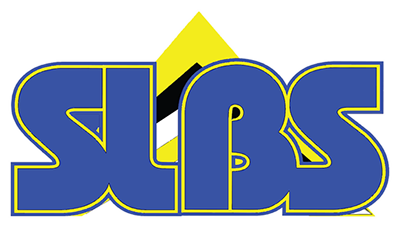Reducing energy consumption and improving energy efficiency are at the forefront of the global climate change agenda. ISO 50001, the flagship International Standard for improving energy performance, has just been updated.
Energy consumption is on the rise, despite the fact that it contributes to nearly 60 % of the world’s greenhouse gas emissions.[1] At the same time, more than one billion people still lack access to electricity and many more rely on harmful, polluting energy sources.[2] It is no surprise, then, that addressing energy efficiency and climate change challenges make up a key part of the 17 Sustainable Development Goals in the United Nations 2030 Agenda.

ISO 50001:2018, Energy management systems – Requirements with guidance for use, transformed the energy performance of organizations worldwide when it was first published in 2011, giving them a strategic tool to use their energy more efficiently and effectively. It provides a framework for managing energy performance and addressing energy costs, while helping companies reduce their environmental impact to meet emissions reduction targets.
ISO 50001 has just been revised, making it even more effective to tackle the world’s energy challenges. Roland Risser, Chair of the ISO technical committee that developed the standard, said the new version features updated terms and definitions and greater clarification of certain energy performance concepts.

“There is a stronger emphasis on the role of top management as well, as it is important to instilling an organizational culture change,” he explained. “It is also now aligned with ISO’s requirements for management system standards, making it easier to integrate into an organization’s existing management systems.”
ISO 50001 has become increasingly important since its release seven years ago. A total of 20 216 certificates to ISO 50001 were issued by the end of 2016, according to the ISO Survey, which reveals that certifications to the standard increased by 69 % during that year.ISO 50001 was developed by ISO technical committee ISO/TC 301, Energy management and energy savings, whose secretariat is held jointly by ANSI, ISO’s member for the USA, and SAC, ISO’s member for China. It can be purchased from your national ISO member or through the ISO Store.

[1] International Energy Agency (IEA) World Energy Outlook 2017: https://www.iea.org/weo2017/
[2] https://sustainabledevelopment.un.org/sdg7
